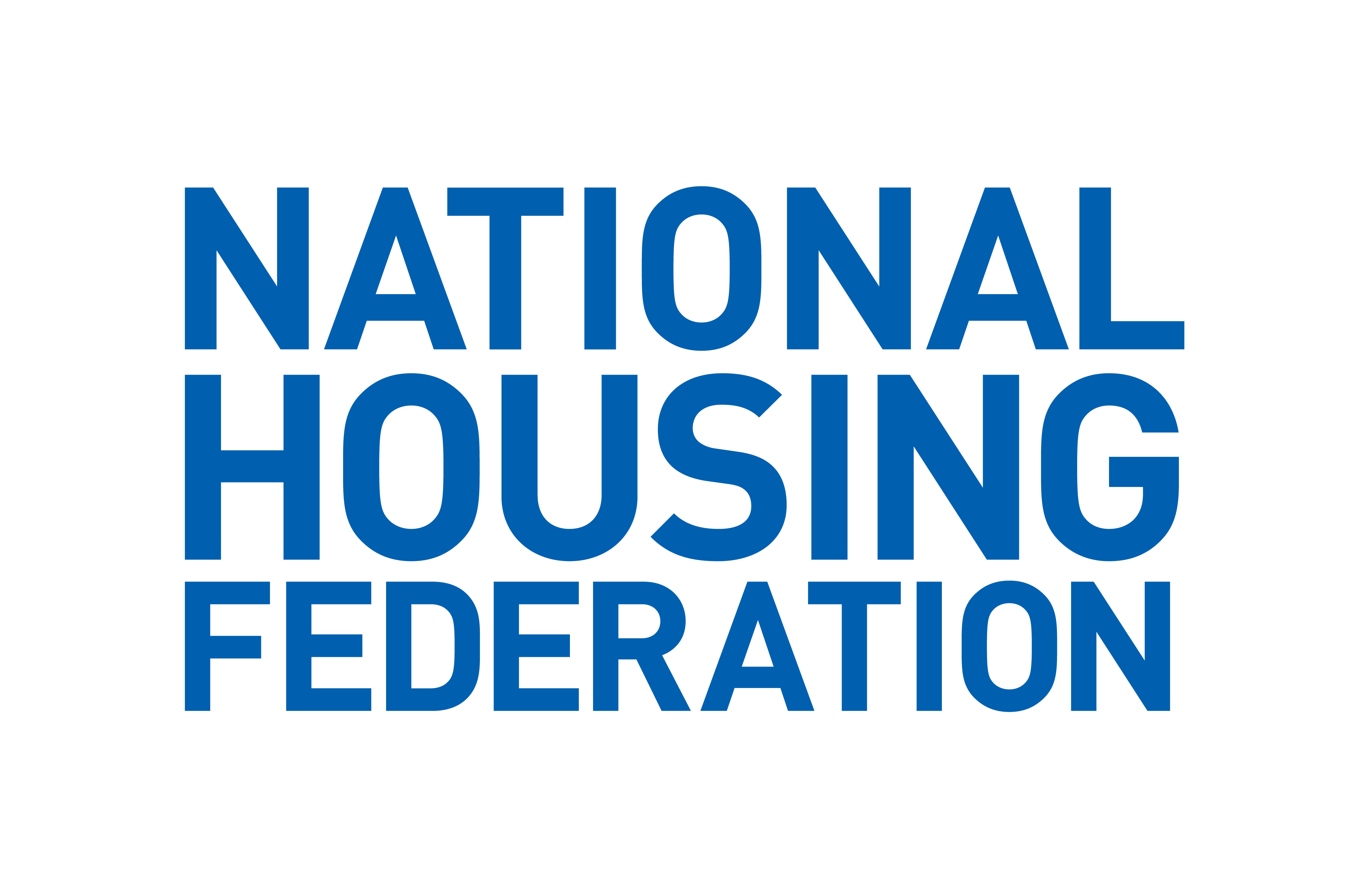Report on the Connecticut Freedom of Information Commission Ruling Regarding Legislative Privilege
Introduction: Affirming Transparency in Governance
A recent ruling by the Connecticut Freedom of Information Commission (FOIC) has reinforced the state’s commitment to Sustainable Development Goal 16 (SDG 16), which promotes peace, justice, and strong institutions. By affirming that the state legislature is subject to the Freedom of Information Act (FOIA), the Commission rejected a claim of legislative privilege, thereby strengthening institutional accountability and public access to information, key tenets of SDG Target 16.6 (develop effective, accountable and transparent institutions) and SDG Target 16.10 (ensure public access to information).
Case Analysis: DiIorio v. Office of Legislative Management
Background of the Complaint
The case originated from multiple records requests filed by John DiIorio with the Office of Legislative Management (OLM), an administrative body supporting state lawmakers. Following a settlement agreement, the OLM produced logs withholding certain records, prompting Mr. DiIorio to file a complaint with the FOIC.
Core Legal Conflict
The central issue involved a novel legal argument by the OLM. It contended that the records were exempt from disclosure due to legislative privilege derived from the “Speech and Debate” clause of the Connecticut Constitution. This argument sought to establish a categorical exemption for all records related to what the OLM defined as “legitimate legislative activities.”
Commission Findings and Implications for SDG 16
Rejection of Legislative Privilege Claim
The FOIC, adopting the proposed decision of hearing officer Nicholas Smarra, rejected the OLM’s position. The ruling established a clear distinction between the purpose of the “Speech and Debate” clause and the objectives of the FOIA, directly supporting the framework of SDG 16.
- Upholding Statutory Transparency: The Commission noted that Connecticut’s legislature deliberately subjected itself to the FOIA in 1975, a significant departure from the federal model where Congress is exempt. This act of self-imposition is a foundational element for building the accountable institutions called for in SDG Target 16.6.
- Defining the Scope of Privilege: The ruling clarified that the “Speech and Debate” clause is designed to protect legislators from civil or criminal liability for their legislative acts, not to create a shield against public records disclosure. This interpretation prevents the misuse of constitutional privilege to undermine transparency.
- Public Right vs. Governmental Process: The FOIC determined that an FOIA request is an exercise of a public right and not a “civil process” or a tool for intimidation by other branches of government. This finding directly supports SDG Target 16.10, which aims to protect fundamental freedoms and ensure public access to information.
Arguments Presented
- OLM’s Position: The OLM argued that constitutional privilege supersedes the statutory requirements of the FOIA. It claimed that disclosing preliminary legislative documents would “chill” the legislative process, thereby undermining the quality of governance.
- FOIC’s Conclusion: The Commission found the OLM’s argument “untenable” and overly broad. It concluded that failing to disclose public records is a violation of statutory requirements, not a protected legislative act. The FOIC denied the OLM’s motion for a stay and ordered the disclosure of all non-exempt records.
Conclusion: Strengthening Institutions Through Public Access
The FOIC’s decision is a significant victory for government transparency and accountability in Connecticut. By upholding the supremacy of the Freedom of Information Act in this context, the Commission has reinforced the principles of SDG 16. The ruling ensures that legislative bodies remain accountable to the public they serve, fostering the development of effective, transparent institutions and guaranteeing the public’s right to information, which is essential for responsive and participatory decision-making (SDG Target 16.7).
SDGs Addressed or Connected to the Issues in the Article
-
SDG 16: Peace, Justice and Strong Institutions
The article is fundamentally about promoting transparent, accountable, and effective institutions, ensuring public access to information, and upholding the rule of law. The entire conflict revolves around the application of the Freedom of Information Act (FOIA) to a legislative body, which is a core tenet of SDG 16. The ruling by the Freedom of Information Commission (FOIC) reinforces the principles of institutional accountability and the public’s right to access information held by government bodies.
Specific SDG Targets Identified
-
Target 16.6: Develop effective, accountable and transparent institutions at all levels.
- The article highlights a direct challenge to institutional accountability. The Office of Legislative Management (OLM) attempted to use a “legislative privilege” argument to exempt itself from the transparency requirements of the FOIA. The FOIC’s ruling, which affirmed that “the legislature is subject to the Freedom of Information Act,” is a direct action toward ensuring that legislative institutions remain accountable and transparent to the public they serve.
-
Target 16.10: Ensure public access to information and protect fundamental freedoms, in accordance with national legislation and international agreements.
- This target is central to the article. The case began when a citizen, John DiIorio, “requested from the Office of Legislative Management (OLM)” records under the state’s FOIA. The OLM’s refusal to provide certain records and the subsequent legal battle before the FOIC is a clear example of the process of ensuring public access to information. The final ruling compelling the OLM to turn over nonexempt records directly upholds this target by enforcing legislation designed to guarantee this right.
-
Target 16.3: Promote the rule of law at the national and international levels and ensure equal access to justice for all.
- The article describes a formal legal process where a citizen used an established commission (the FOIC) to hold a government body accountable to the law. The hearing officer’s detailed legal analysis, referencing the state Constitution and the history of the FOIA, and the commission’s adoption of this decision, demonstrates the rule of law in action. It shows that a legal framework exists to resolve disputes over information access and that this framework is applied even to the state’s legislative branch, ensuring the law is supreme.
Indicators for Measuring Progress
-
Indicator for Target 16.10: The existence and implementation of statutory guarantees for public access to information.
- The article explicitly mentions the Connecticut Freedom of Information Act (FOIA) as the legal basis for the information request. The entire narrative, from the initial request by John DiIorio to the final ruling by the FOIC, serves as a detailed case study of the *implementation and enforcement* of this law. The fact that “Connecticut is one of a few states where FOIA applies to all three branches of government” is a direct indicator of a strong statutory guarantee for public access to information.
-
Indicator for Target 16.6: The existence of independent bodies to review and adjudicate public complaints against government institutions.
- The Freedom of Information Commission (FOIC) itself is an indicator of an accountability mechanism. The article details its function: a citizen “filed a complaint with the commission” which then initiated a process involving hearings, legal briefs, and a formal ruling. This process, which allows the public to challenge the actions of a government office like the OLM, is a tangible measure of the state’s commitment to accountable institutions.
-
Indicator for Target 16.3: The number and outcome of disputes resolved through formal or quasi-judicial mechanisms.
- The specific case detailed in the article, “DiIorio’s complaint,” which resulted in a formal ruling by the FOIC, is an example that can be used as a qualitative and quantitative indicator. The process described—a hearing officer writing a “proposed decision” which the commission then “adopted”—shows a functioning justice mechanism for resolving disputes related to information rights. The article notes this is one of “several cases DiIorio is either currently arguing or has recently argued before the FOIC,” implying a system that is actively being used to ensure access to justice.
Summary Table of SDGs, Targets, and Indicators
| SDGs | Targets | Indicators |
|---|---|---|
| SDG 16: Peace, Justice and Strong Institutions | 16.6: Develop effective, accountable and transparent institutions at all levels. | The existence and functioning of the Freedom of Information Commission (FOIC) as a body to which the public can file complaints against government agencies for withholding information. |
| 16.10: Ensure public access to information and protect fundamental freedoms, in accordance with national legislation and international agreements. | The existence and active enforcement of Connecticut’s Freedom of Information Act (FOIA), as demonstrated by the legal case brought by a citizen and the subsequent ruling compelling the legislature to comply. | |
| 16.3: Promote the rule of law at the national and international levels and ensure equal access to justice for all. | The formal, quasi-judicial process of the FOIC used to resolve the dispute between a citizen and a legislative office, culminating in a legally reasoned decision based on existing statutes and constitutional interpretation. |
Source: insideinvestigator.org





